Experts Explain the War in Ukraine
Rutgers University–Camden professors have been on the forefront of helping make sense of Russia’s invasion and its ripples that have resonated around the world
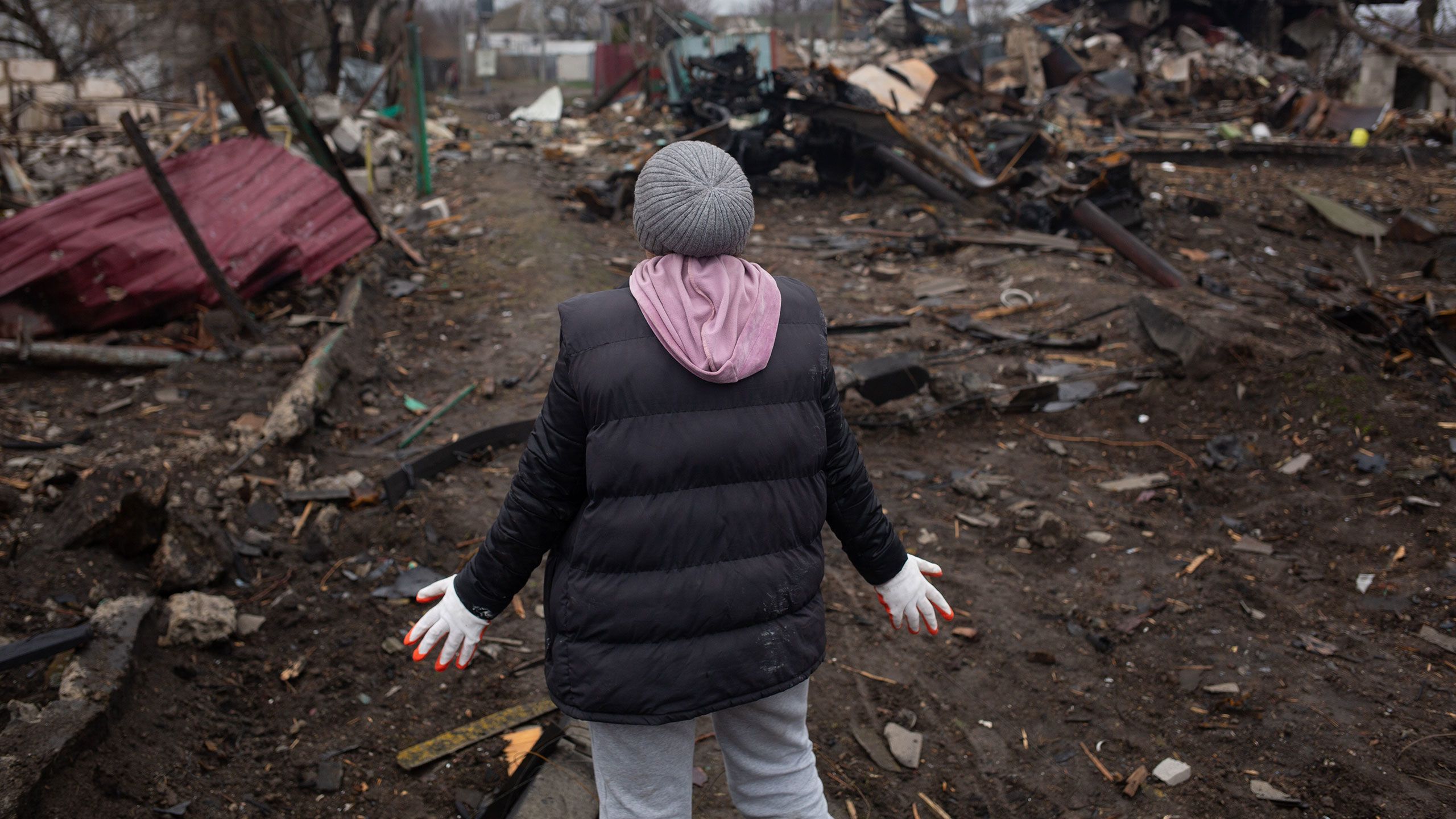
The world has watched in disbelief as Russia invaded neighboring Ukraine with a stunning display of firepower and disregard for human life. Here, six Rutgers University–Camden faculty experts explain the reasons behind the invasion, its political and economic impacts, and whether war crimes have been committed, among other topics.
Professor Wojtek Wolfe Explains
The Forces At Play
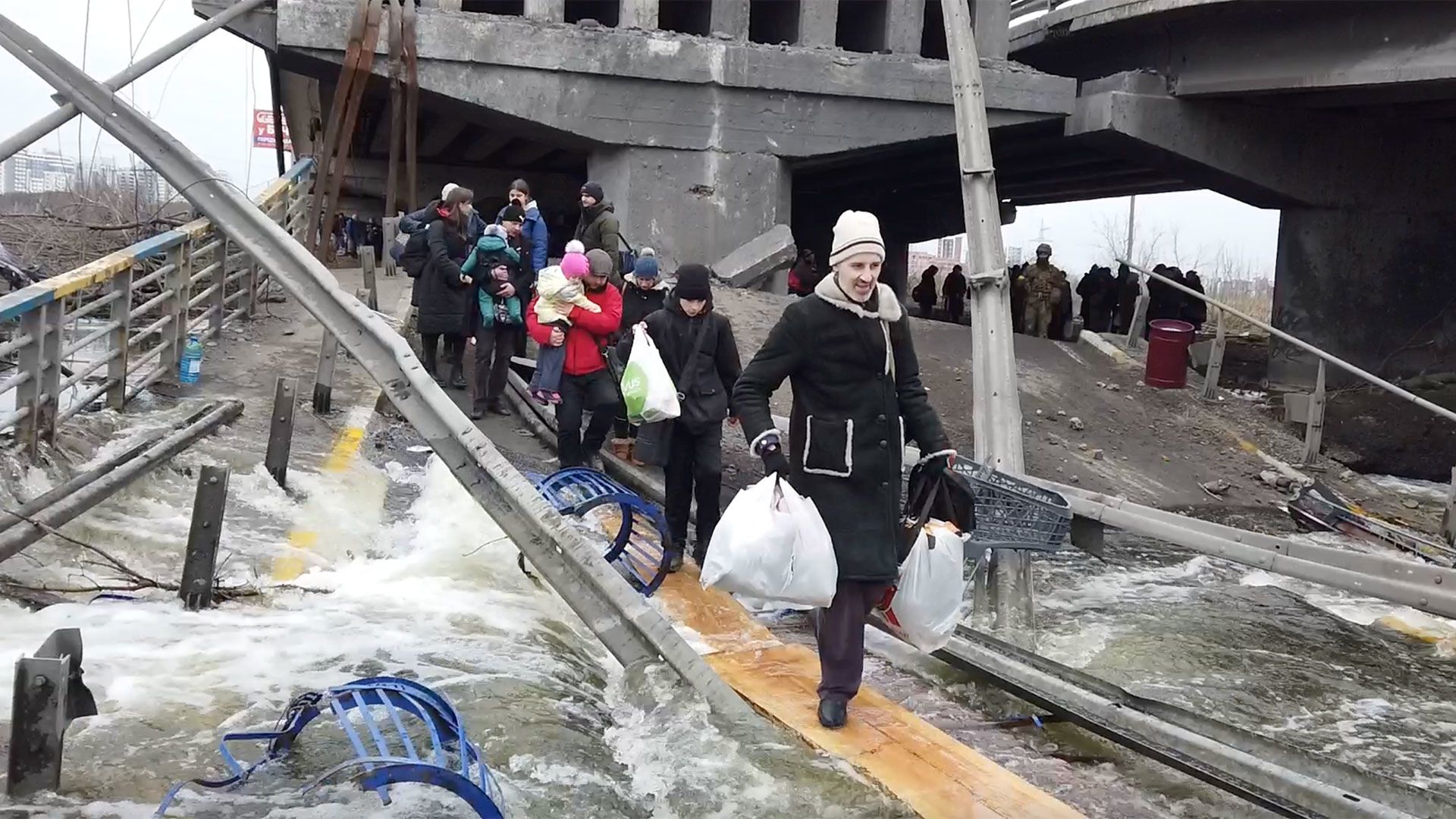
Wojtek Wolfe
Associate Professor of Political Science

Photo by Ron Downes Jr.
Photo by Ron Downes Jr.
Wolfe, a native of Poland who is a prominent writer and speaker on foreign policy and international relations, has been a mainstay of regional news coverage, detailing the historical and geopolitical forces at play in Eastern Europe and their impacts on the U.S. economy and energy security. In one televised interview, Wolfe said the invasion was “like a bad dream” for many Ukrainians, who have been no strangers to tumult and turmoil since declaring independence from the Soviet Union in 1990. He explained that the region, lacking the geographic insulation that exists in North America, has a long history of Russian invasions.
The current Russian invasion, he said, is partly in response to NATO expansion, but the bigger picture is about Russia’s weakening security capabilities. He predicts that Russia will not have a more capable military in the future than it does now, and its current capabilities are much weaker than they were a decade ago. In Wolfe’s estimation, the trend will continue because of Russia’s declining population and weakening economy.
The Rutgers–Camden researcher, who authored the 2008 book Winning the War of Words: Selling the War on Terror from Afghanistan to Iraq, sees the invasion of Ukraine as part of a larger pattern of letting Russia invade foreign countries with little to no consequences. He cited Russian invasions of Georgia in 2008 and Ukraine in 2014, as well as Russian intervention in Syria in 2015. “Even with the chemical weapons used in Syria, we've had a pattern of weak response,” Wolfe said. “Given the war fatigue, this will likely continue that trend.”
As news of Russia's invasion of Ukraine broke, Professor Wolfe quickly became a trusted source of information for media outlets around the globe. Below is a small sampling of his media appearances.
News 12 New Jersey | 3/7/22
Crisis deepens, Ukraine accuses Moscow of ‘medieval’ tactics
FOX 29 Philadelphia | 2/24/22
How Russia's invasion of Ukraine may impact United States inflation
NBC 10 Philadelphia | 2/22/22
Putin Orders Forces to Rebel-Held Ukraine; Deployment Unclear
Professor Richard Michelfelder Provides
A Financial Perspective

Richard Michelfelder
Clinical Associate Professor of Finance

Photo by Ron Downes Jr.
Photo by Ron Downes Jr.
When Russian boots hit the ground in Ukraine, the U.S. and Europe began waging economic warfare on Russia. Michelfelder, who previously served as CEO of the national public utility consulting firm Quantum, said the effect of sanctions on Russia’s economy has been “devastating.” The Moscow stock market closed, as many experts worried that a crash was imminent. Most institutions holding rubles began looking to divest of the currency and investments in Russian business stocks. In addition, Russia’s partial ban from participating in the SWIFT market—an international electronic clearinghouse for transactions—limited the country’s ability to do business with the rest of the world. The Russian government and many corporations risked defaulting on loans, and massive layoffs loomed as businesses feared bankruptcy.
The U.S. and European countries, of course, have not been immune to the economic impacts of the crisis. Russia is one of the world’s largest producers of oil and natural gas; Europe closed much of its gas- and oil-producing capacity to mitigate greenhouse gas emissions and now imports 40 percent of its natural gas from Russia. By comparison, Michelfelder explained, the U.S. imports only about 3 percent of its oil (as well as small quantities of liquefied natural gas) from Russia. “The amount may be small, but at the margin, small changes can have major impacts on market expectations,” he said.
One of the most visible impacts for Americans has been the jump in gasoline prices. Michelfelder explained that any reduction in oil supply or even the expectation of a reduction will cause gasoline prices to rise. Moreover, potential supply shortages impact a variety of stocks as well, given that many products (including anything made with plastic) use oil as an energy component, are manufactured with electricity produced from natural gas, or are delivered by oil derivatives, such as kerosene and diesel fuel. “Look around you—everything has an oil and electricity component,” Michelfelder said.
Professor Marie Chevrier Discusses
The Fear of Chemical and Biological Weapons
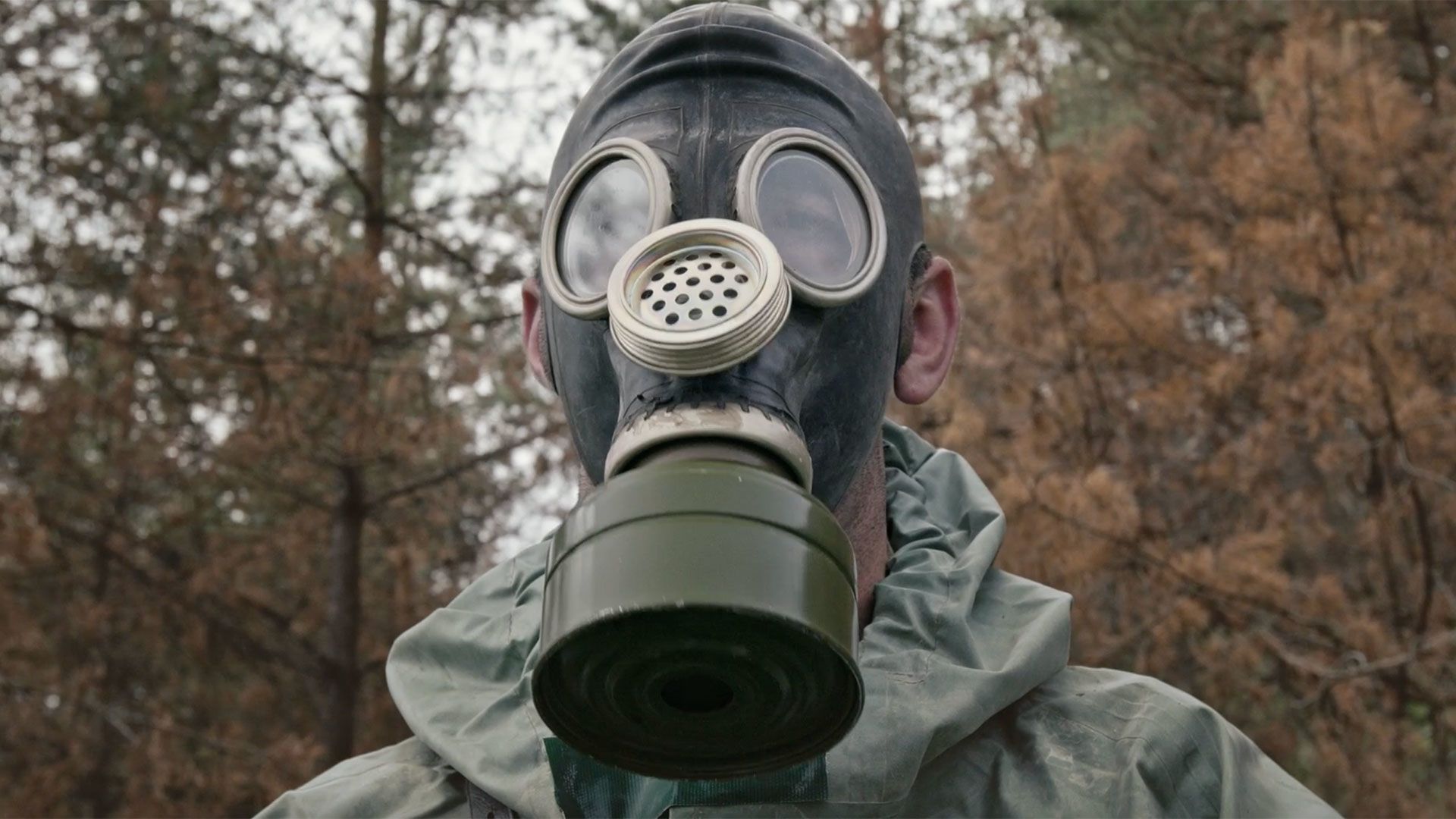
Marie Chevrier
Professor of Public Policy

Photo by Ron Downes Jr.
Photo by Ron Downes Jr.
As the invasion entered the third week, NATO secretary-general Jens Stoltenberg warned that, in its desperation, Russia could resort to using chemical weapons. Chevrier, an expert in weapons and arms control, said that any known chemical stockpiles in Russia were destroyed under international supervision in accordance with the 1997 Chemical Weapons Convention. Both the United States and Russia, as well as several other countries, have spent millions destroying chemical weapon stockpiles. “So, for Russia to use a military-scale chemical weapon, it would violate a treaty that it has supported for a very long time,” Chevrier said.
In addition to chemical weapons, the former Soviet Union also had stockpiles of biological weapons—as did the U.S., which got rid of them in 1970 following a review by President Nixon. In 1975, a global biological weapons treaty took effect, banning the production and storage of weapons, but lacking verification measures. The Soviet Union egregiously violated that treaty, according to Chevrier, but no stockpile is known to exist in present-day Russia. “Nonetheless, it is a very reasonable fear and concern that Russia could still use biological weapons,” Chevrier said.
Professor Mike Boyle Explores
The Information
Battle Space
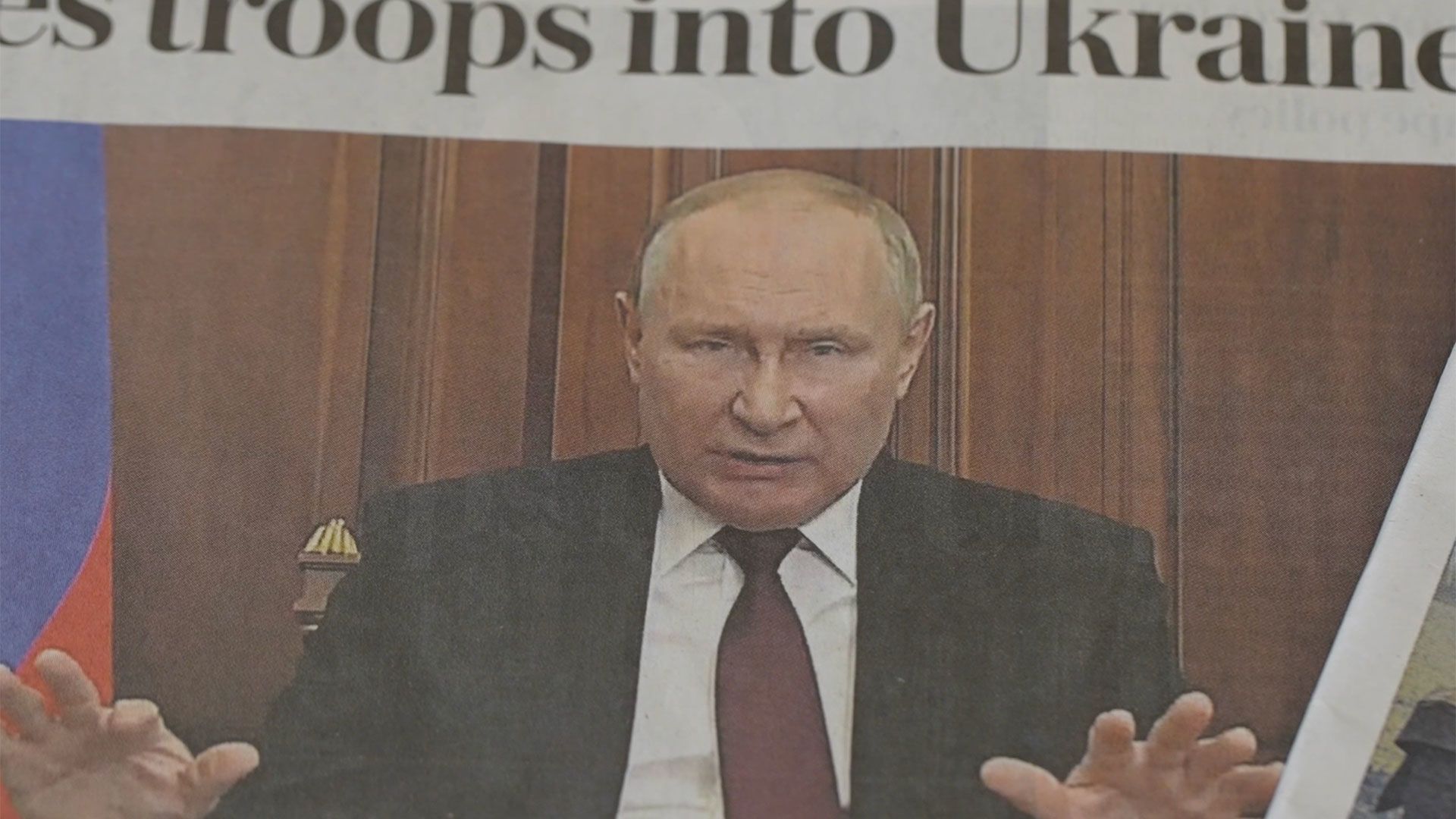
Mike Boyle
Associate Professor of Political Science

As attacks continued against the Ukrainian people, countries sought to control the narrative via the information battlespace. Boyle, author of the 2020 book The Drone Age: How Drone Technology Will Change War and Peace, sees “two different worlds” of Russian propaganda: one aimed at its own soldiers and citizens, and one for the world beyond Russia. Internationally, he said, U.S. and European counter-disinformation campaigns have blocked much of Russia’s messaging, even at the risk of exposing their sources.
Inside Russia, however, Putin’s government took a page out of the “authoritarian playbook,” as Boyle calls it, and shut down independent Russian TV and newspapers, as well as blocked social media platforms. The government also kept up a steady stream of propaganda about the purported risks of genocide for Russian speakers and others, as well as fantasies about drug-addicted Nazis in the Ukrainian government. While many Russians know that these are lies, according to Boyle, the propaganda has helped inflate Putin’s support among some segments of the population and kept the masses confused and complacent as the war progresses.
Boyle thinks NATO forces must walk a fine line in order to support the defense of Ukraine but not appear directly engaged in the fight. This delicate balance is shaped by two factors. First, he said, are Russia’s capabilities as a nuclear-armed state. Any military confrontation with Russia, even something accidental, runs a grave risk of escalation. Secondly, according to Article V of the NATO Charter, all NATO members agree to treat an attack on a full NATO member as an attack against themselves. While Ukraine is not a NATO member, its neighbors in Europe are torn between a desire to help and a fear of provoking Russia. “It’s a tough balance and hard to do morally given the suffering in Ukraine, but unfortunately one that is necessary,” Boyle said.
Professor Nick Kapur Examines
The Impact of
Chinese-Russian
Relations
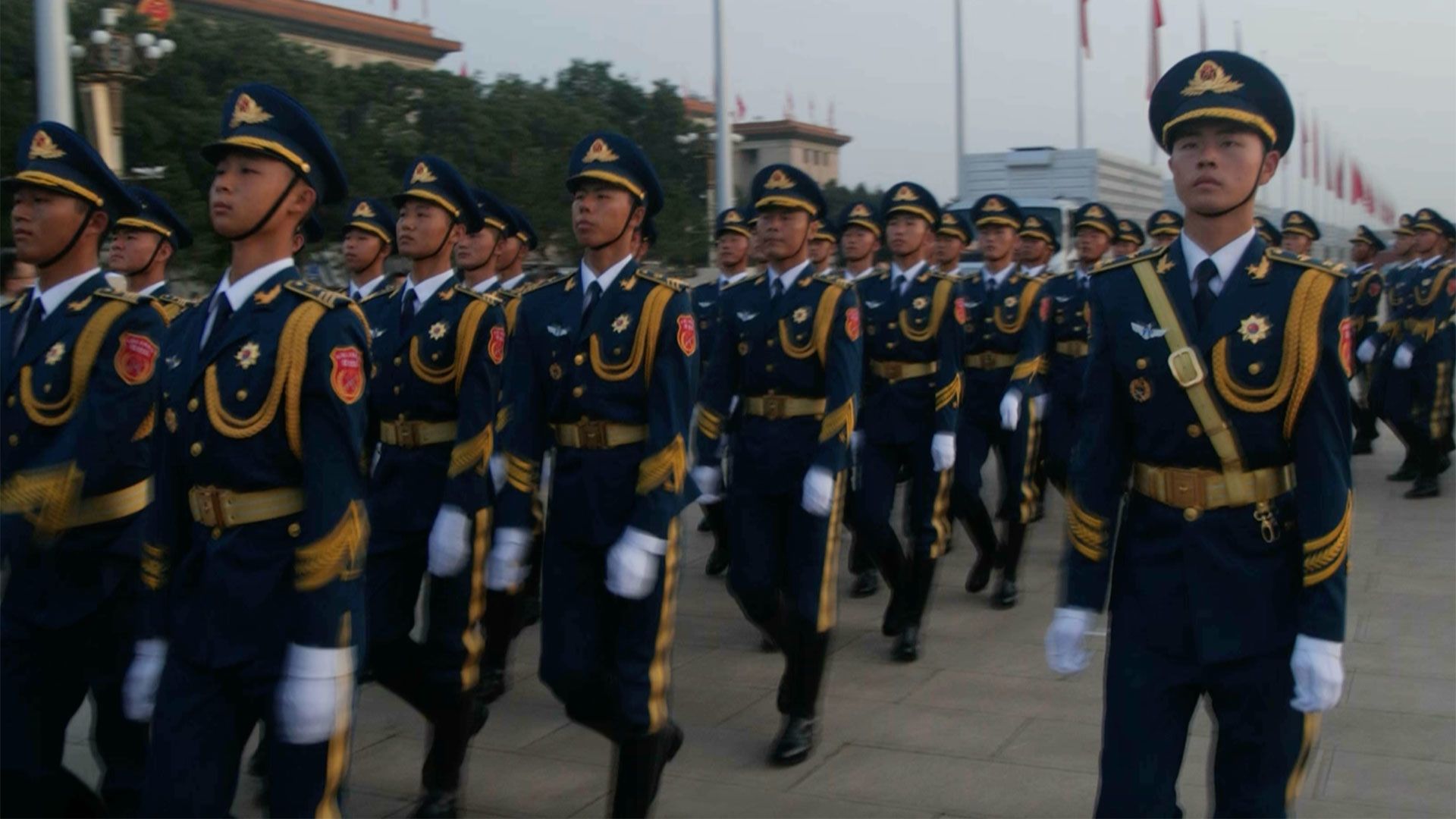
Nick Kapur
Associate Professor of History

Photo by Ron Downes Jr.
Photo by Ron Downes Jr.
Kapur, author of the 2018 book Japan at the Crossroads: Conflict and Compromise after Anpo, sees China and Russia as being in a strategic partnership directed against the United States. The leaders of both countries share a sense that the U.S. is opposed to their interests and hopes for regime change in their countries. “To sum up their partnership,” said Kapur, “the enemy of my enemy is my friend.”
This partnership is a departure from the norm, he explained, noting that Russia and China have traditionally viewed each other with distrust. The two nations share long borders and have had numerous border disputes over the centuries. Although Russia came under communist rule in 1917 and China in 1949, suspicion, mistrust, and a sense of competition rapidly led to what is known as the Sino-Soviet Split between the two nations, lasting from 1960 until the end of the Soviet Union in 1990. The United States, said Kapur, benefited from this animosity.
Kapur dismissed notions that Russia’s invasion of Ukraine emboldened China and made them view the United States as a “paper tiger.” On the contrary, China takes the United States and its power seriously. “Putin is the one who underestimated the strength of the United States,” Kapur said. “I expected the incompetence of the Russian invasion might make China rethink Russia’s reliability as a partner.”
Professor Harry Rhea Investigates
Alleged War Crimes
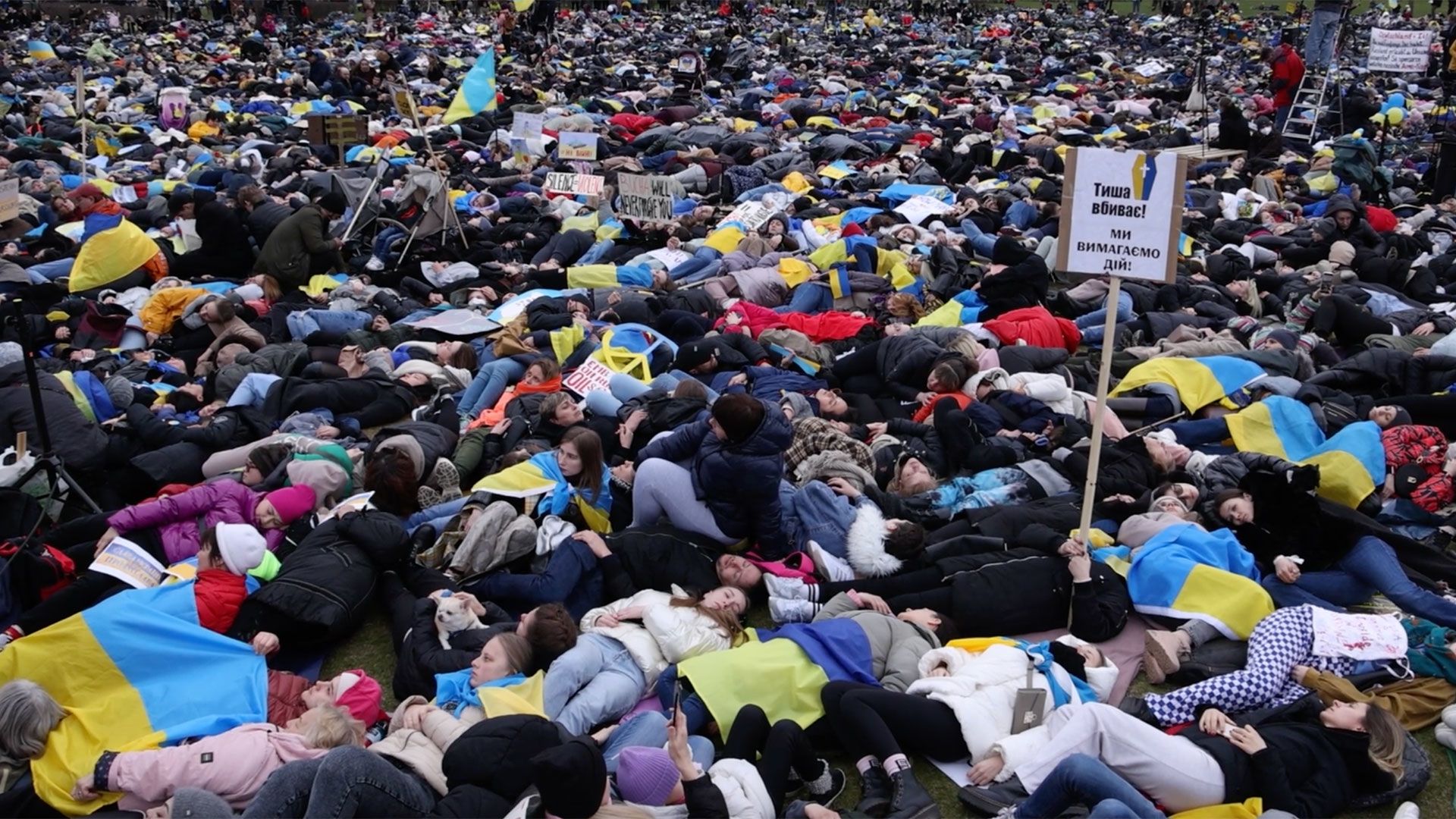
Harry Rhea
Associate Professor of Criminal Justice and Law

Rhea—who trained as a war crimes investigator at the Institute for International Criminal Investigations at the Hague—has been focused on the allegations of Russia committing war crimes. In late February, the International Court of Justice announced that it would open investigations. International criminal law, according to Rhea, deals with crimes that are so egregious in nature that they “shock the conscience” of the international community, which has the responsibility to respond. “The international community understands that war is inhumane by nature, so it makes something inhumane more humane,” Rhea said.
The Hague Conventions of 1899 and 1907 define what is permissible—for instance, the type of weaponry used during armed conflict. The Geneva Conventions, adopted in August 1949, explicitly state that certain individuals—including sick or wounded soldiers in the field or at sea, prisoners of war, and civilians—cannot be targeted under any circumstances. “The idea of international humanitarian law and these conventions is to prevent unnecessary suffering,” Rhea said.
In light of these definitions, Rhea said, the Russian military appears to have committed crimes of aggression by illegally invading the sovereign state of Ukraine. The Russian military also appears to have committed war crimes by not discriminating between civilians and belligerents in its attacks. In addition, if Russia has used cluster bombs as has been reported, that too is a violation of the Hague Conventions. Finally, Russia appears to be committing crimes against humanity, which entail widespread and systematic attacks against civilian populations. Military operations can be considered systematic attacks, Rhea explained, but they cannot target civilians nor be carried out in an area where there is knowledge of a large civilian presence.
He cautions that genocide is a trickier argument, noting that, although thousands of people are being killed, there must be a specific intent to destroy a particular group based on nationality, ethnicity, race, or religion in order for it to be considered genocide. “However, it doesn’t take a legal expert to say that what is happening is wrong, inhumane, and unnecessary, and should be stopped,” Rhea said. “People should be punished.”
